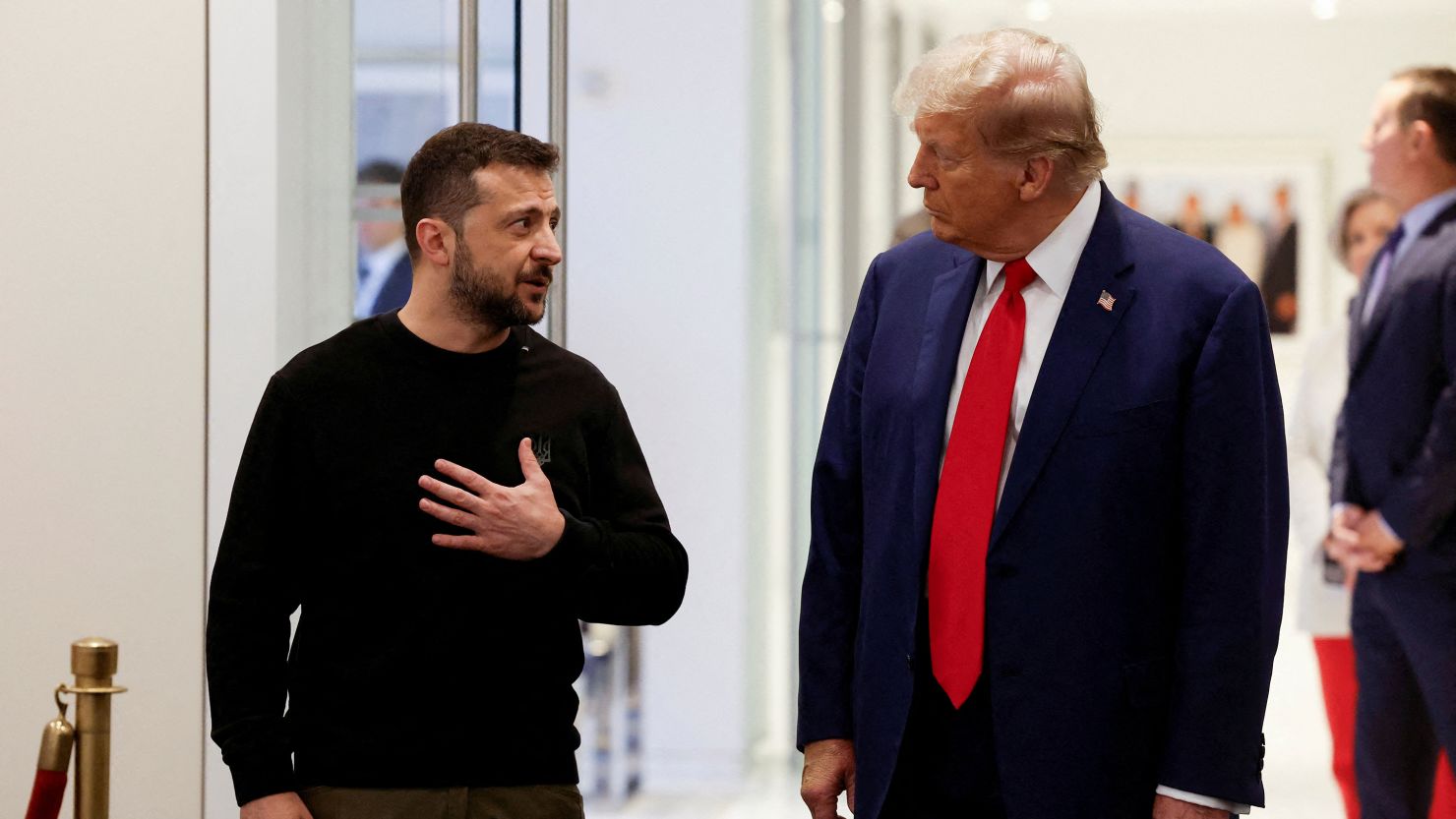
IndependentReport – Former U.S. President Donald Trump has once again stirred controversy by demanding that the billions of dollars in aid provided Compensation on U.S. Aid to Ukraine. Speaking at the Conservative Political Action Conference (CPAC), Trump stated that giving financial and military assistance to Ukraine without any form of return was unfair to the United States. This statement has sparked debates both within the U.S. and among international political leaders.
During his speech, Trump criticized the Biden administration for what he called “reckless spending” on Ukraine’s war efforts. According to him, the U.S. government has spent approximately $350 billion to support Ukraine’s defense, a figure that some analysts argue is exaggerated compared to official estimates. Trump suggested that the U.S. should be reimbursed through tangible assets, specifically rare earth minerals from Ukraine, which are crucial for advanced technologies.
Trump claimed that if he had been in office, Russia’s invasion of Ukraine in 2022 would never have happened. He asserted that his administration would have handled diplomacy differently, preventing the escalation of the war. However, critics argue that Trump’s foreign policy approach often favored authoritarian leaders and might not have deterred Russian President Vladimir Putin from his ambitions.
“Read More: Oscars 2025: Why Horror Performances Should Get More Recognition”
One of the most striking aspects of Trump’s demand is his focus on Ukraine’s rare earth minerals. These minerals, which are essential for the production of electronics, military equipment, and green energy technologies, are highly valuable and in high demand globally. Trump suggested that instead of providing aid without return. U.S. should claim a share of these resources to compensate for the financial support provided to Ukraine.
Ukraine is known to have significant deposits of rare earth elements and other strategic minerals. Which could play a major role in its post-war reconstruction and economic recovery. However, demanding these resources as compensation raises ethical and geopolitical concerns. Such a move could shift Ukraine’s perception of its Western allies from being partners to economic opportunists.
Trump’s remarks have drawn sharp criticism from various political figures and foreign governments. Peter Dutton, the Australian opposition leader, publicly condemned Trump’s statement, calling it “misguided and inappropriate”. He emphasized that Russia initiated the war, and Ukraine deserves support without conditions.
Similarly, former Australian Prime Minister Tony Abbott also dismissed Trump’s claims, stating that anyone who believes Ukraine should compensate the U.S. is “living in a fantasy world”. He reiterated that Ukraine did not ask for this war and that international aid should be given based on the principles of democracy and sovereignty, rather than economic bargaining.
Within the U.S., Trump’s comments have been met with mixed reactions. Republican hardliners praised his stance, arguing that American taxpayers should not bear the burden of endless foreign aid. On the other hand, Democrats and moderate Republicans warned that such a policy could weaken global alliances and embolden adversaries like Russia and China.
Trump’s call for compensation could signal a shift in how the U.S. approaches international aid if he were to return to office. Some potential consequences of this policy shift include:
“Read More: The Impact of Trump’s 150% Tariff Threat on BRICS: Global Economic Tensions Rise”
As the conflict in Ukraine continues, discussions around financial aid and geopolitical interests will remain crucial. Trump’s demands for compensation highlight an increasing division within American politics regarding how the U.S. should engage in foreign conflicts.
If Trump were to regain office, the U.S.-Ukraine alliance could take a dramatically different direction. Potentially altering global diplomatic dynamics. Whether this shift would lead to a more sustainable aid policy or a reduction in global American influence remains to be seen.
In the meantime, Ukraine continues to rely on international assistance. Not just for its defense but also for its long-term recovery. How the world, and particularly the U.S., approaches aid to Ukraine in the future will be a defining factor in global politics for years to come.